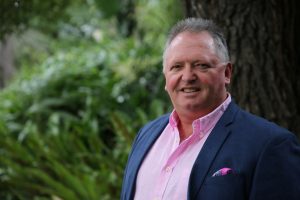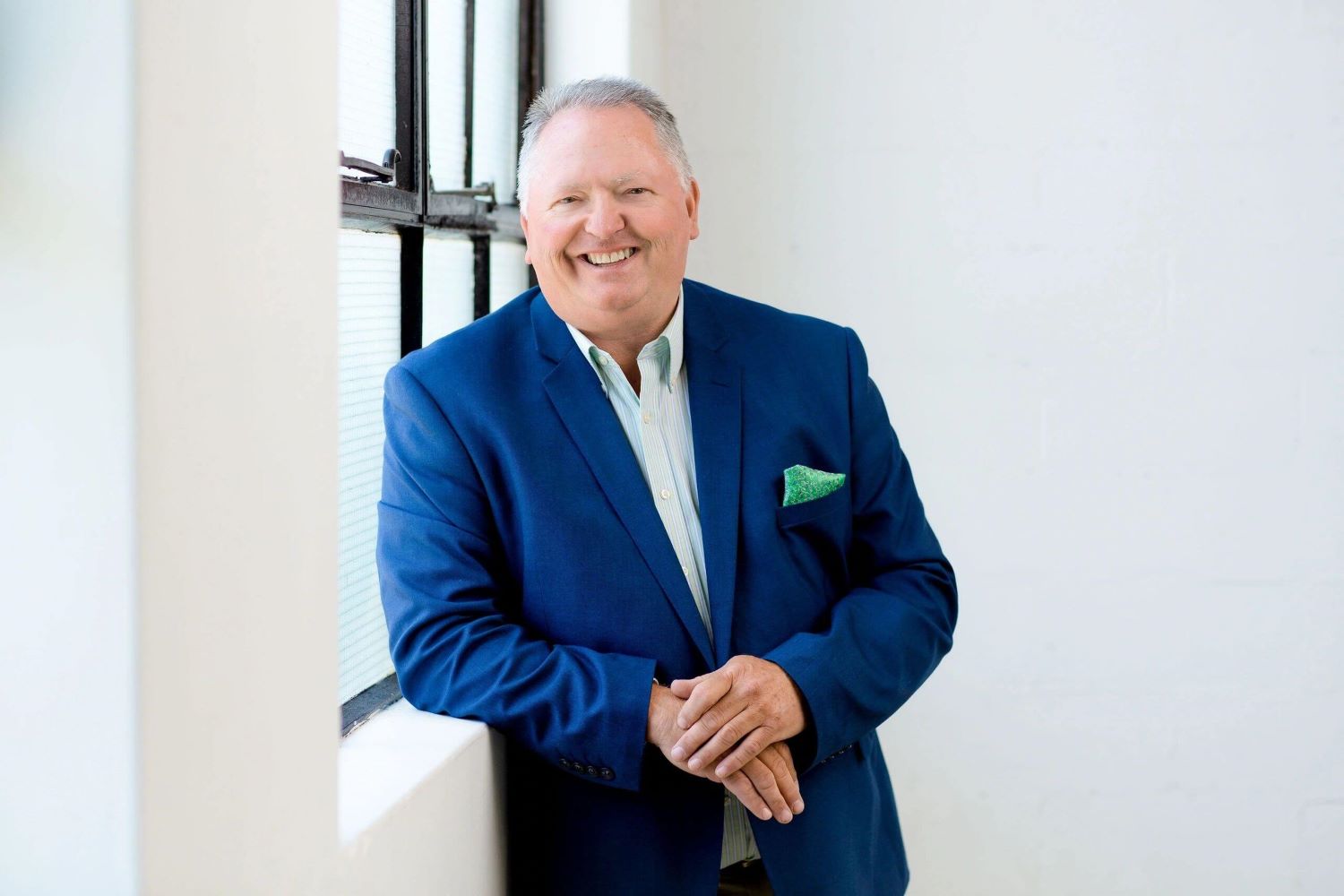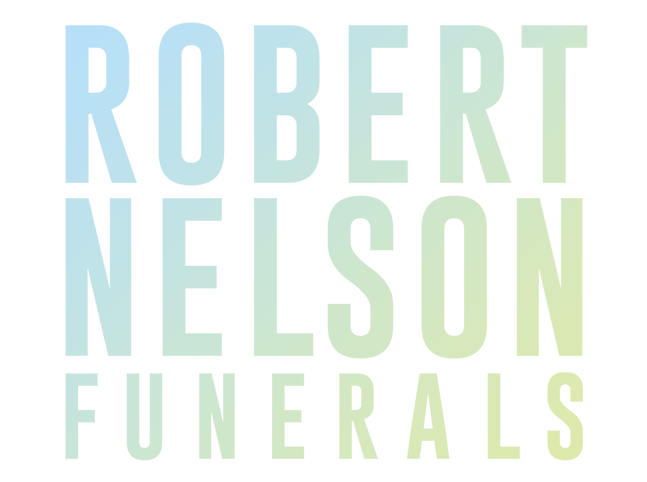Who Is Your Funeral Director?
Meet Robert Nelson, is a 5th generation funeral director and the Managing Director of Robert Nelson Funerals Pty Ltd.

I was born in the early 1960s. My father was a funeral director, so was my grandfather and his father and his father too. This would later make me a 5th generation funeral director. My forebears came to Australia in search of gold finding their way to the Victorian goldfields, where to make ends meet began an undertaking business. As they were carpenters they were able to manufacture all their own coffins, hence the term furnishing undertakers.
In the 1960s we still manufactured our own coffins and living on the funeral home during our early years providing a fascinating playground. Back then all of our coffins were made from solid timbers, not the composite timbers of today. Our funeral home seemed huge as a young child and out the back was our manufacturing area. Raw timber was cut and bent with hot water to make the shoulder of the coffin. French polishers were employed to hand rub and apply polish to the coffins and we even had our own die works where metal handles and fittings were cast. There was a special area where the internal coffin drapery was cut and stitched.
There was lots of activity and smells and for a young boy, lots of nails and little nick nacks to play and make things with.
For us living in a funeral home as very young children, life was normal and has always been, we were involved in what any other child would do with sport or hobbies. We were always aware of staying away from the office or chapels whilst families or mourners were there and to be quiet. I guess as a young child on a funeral home you inevitably see things you shouldn’t and probably like any other child living on a funeral home you did.
Back then there were no mobile phones, computers, fax, pagers etc. Phones could not be diverted. People had to live on the funeral home and it was very much a husband and wife affair. When the phone rang dad would need to go out and collect the body and later arrange the funeral whilst mum stayed home to answer the phone.
When people die away from home dad would often go and collect the body from the county. I remember travelling with him on several occasions. As a child, I quite enjoyed these trips.
As we got a little older, we moved off the funeral home and into suburbia and as children didn’t spend much time around the funeral home. We did what any other kids did.
During my mid-teens, I became involved in the business in a very hands-on way. The Victorian funeral industry had become quite militant (as had many other industries at this time) and the entire industry went on strike. People still keep dying and the work doesn’t stop. Our company had contracts with the Coroners office to transfer the deceased to the coroner’s office. Reportable death cases included homicide, suicide, road trauma and unknown causes of death.
School didn’t stop and often during these strike actions I would assist in the collection of deceased on the way to school. Despite being around death from birth, it was a harsh introduction.
I entered the funeral industry full time the day after my 21st birthday, I had worked in hospitality for the 3 years after leaving school. I couldn’t believe how similar the two industries were. Although different types of events, funerals were events and their was lots of organising, preparation and skill involved. I dived into it head first and wanted to learn everything.
For the first few years I was a funeral directors assistant, collecting deceased, driving the hearse and assisting in up to 4 funerals a day, learning all the time from the most experienced conductors and taking it all in. A conductor is the supervisor and central point of contact for the family. Back then the conductor may have spent many years as a Funeral Directors Assistant before being offered the role as Conductor. They were highly experienced and knowledgable. Sadly today, people are often made conductors the moment they walk through the door, missing out on those years of experience and knowledge.
I was fortunate to be able to travel and attend conference, seminars and training sessions around Australia and overseas. During these travels I was offered training in The United Kingdom and spent a number of months working in funeral homes around London.
On return to Australia, I studied and after a few years gained my embalming certificate and was accepted into the British & Australian Institute of Embalmers. In the United States, I trained and specialised in Mass Fatality mortuaries, still an area of interest to me today.
Education, learning and knowledge in our industry is ongoing and a necessary part of our professional development sadly once again overlooked by many.
Despite the erratic nature of call out work, spending time with my family is the most important part of my life. Happily married with a recently turned teenager we live a very active live and balancing work life is the most difficult thing we have to deal with.
The days of the funeral family are fast disappearing with many children choosing not to follow on in their parent’s profession. Corporate funeral directors are replacing them and sadly decades of experience and knowledge is also disappearing.
So when you next meet a funeral director, you may care to ask them their background and experience.
Robert Nelson is Managing Director of Robert Nelson Funerals Pty Ltd
More information Australian Funeral Directors Association or Robert Nelson Funerals

